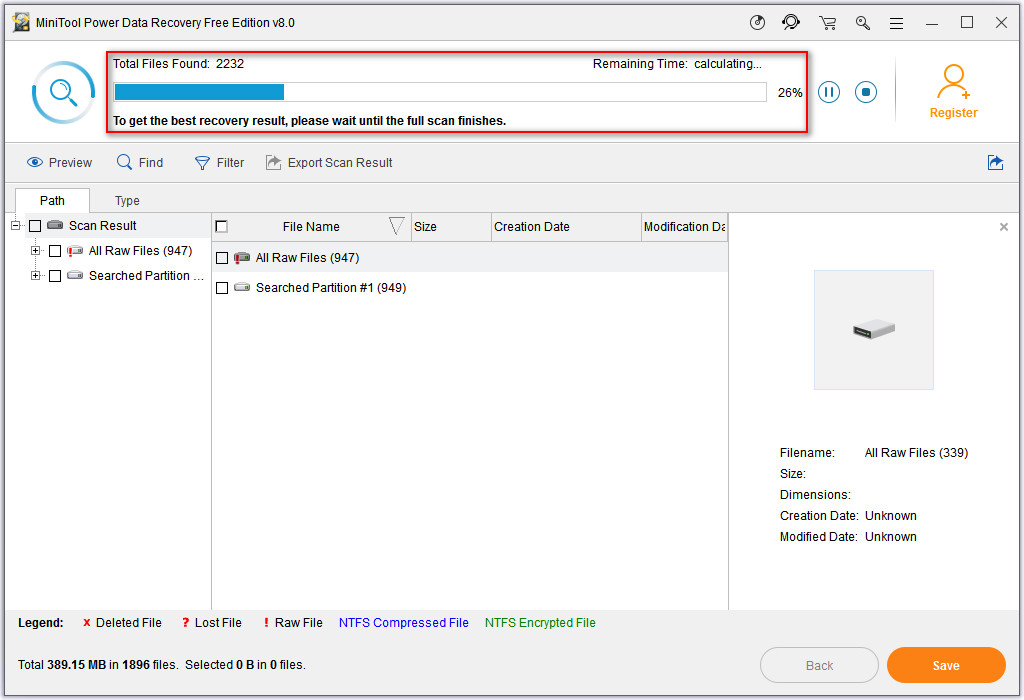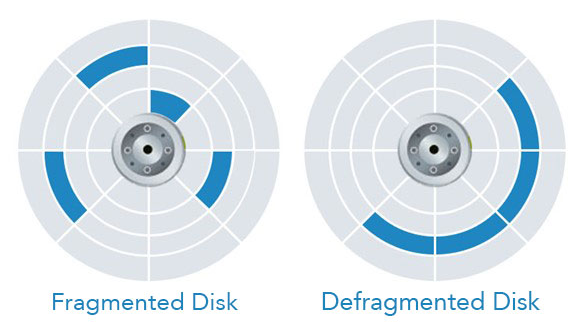- Hard Drive Becomes Slow, How To Solve Properly
- Follow This To Recover Data From Failed Flash Drive ASAP
- How To Restore Files From Seagate External Hard Drive Quickly
- Recovering From Hard Drive Logical Error Is Not A Dream
- If USB Drive Is Not Working – How To Get Data Off It
- When You Find Drive Is Not Accessible, How To Respond Properly
- Please Don’t Let USB Recovery Bothers You Anymore
- 3 Steps To Undelete Deleted Files – 100% Safe
- A Step-By-Step Guide On VMFS Recovery You Should Master
- Easy & Effective Way To Recover Files After Format – Solved
- The Most Effective CryptoLocker File Recovery Method
- A Quick Solution To Corrupted Files Recovery – Take A Look
- Useful And Easy Business Security Tips For Companies
- Recover Data From GPT Disk – Best And Safest Solution
- Quickly Recover Files After Ghost – Watch How To Do
- SD Card Is Blank Or Has Unsupported File System – Solved
- Lost Sticky Notes On Desktop – How To Fix Independently
- Can You Believe It – RAID 0 Recovery Could Be Really Free
- Look How We Recover DNG Files From SD Card Without Trouble
- Solved – Windows 10 Desktop Files Missing Problem
- Best Method For File Recovery From Deleted Partition Is Out
- Try This After USB Flash Drive Became RAW To Recover Data
- To Recover Data From Portable Device, You Need This Tool
- Look This To Restore Deleted Files On FAT Within Simple Steps
- How To Do When Drive Appears As Uninitialized To Recover Data

 Hard Drive Becomes Slow, How To Solve Properly
Hard Drive Becomes Slow, How To Solve ProperlyHard drive, the important part of computer, greatly affects the performance. Once it goes wrong, the computer goes wrong (a series of problems may be brought). From that point of view, you need to react immediately when hard drive becomes slow. But how to solve the hard drive slowing down problem? What do you need to pay attention to? Please keep reading.

Fix the Problem ASAP When Hard Drive Becomes Slow
There are exactly a large variety of factors that could lead to hard drive slowing down. It’s impossible to eliminate them all. Thus, you should be well prepared for that problem, getting to know how to fix the slow hard drive in advance.
In my opinion, there’s nothing more important than protecting data. When a hard drive becomes slow, it indicates that errors may occur on the drive. In this case, it’s urgent to rescue your important data.
Rescue Data First before Fixing Slow Hard Drive
Step 1: copy and backup what’s still remaining on the hard drive.
Step 2: get a reliable hard drive recovery tool and then do the following things to recover the missing files.
a). install & run it on the target computer.
b). select the target hard drive to scan.
c). wait for the scanning process and browse whatever found by the tool.
d). check the files you need to recover and then click on “Save” button.
e). choose a safe location (with enough free space) to store those files.

Step 3: go to check the backups and recovered files carefully to make sure you have got all you need.
3 Most Common Causes of Hard Drive Slowing Down
*–Too many junk files on hard drive: it is a common sense that the hard drive speed will slow down and the magnetic track may be damaged if there are too many junk files on hard drive. This is a reason why computer users are suggested to defragment hard drive regularly. Under such circumstances, defragmentation is a good choice.

But you need to remember, you shouldn’t clean up your hard drive too often since it will also reduce the service life of hard drive and may lead to data loss due to wrong operation.
*–Virus attack: as you can imagine, virus is one of the biggest threats to files stored on hard drive. Once a hard drive is attacked by computer viruses, it’s very possible that the hard drive will become slow. At this time, please use powerful tools to kill virus completely.
Remember, you shouldn’t open any files or links until they can finally confirm its safety. Besides, users have to take measures to kill virus immediately after it has been detected.
*–Physical damage: a hard drive can be damaged easily if it’s available to anyone. Besides, even though it is placed in a safe place, it can still be damaged, logically or physically. Once it is damaged logically, please refer to professional recovery tools to get help. But, if it’s damaged physically, you may have no choice but to buy a new one and transfer data to it.
